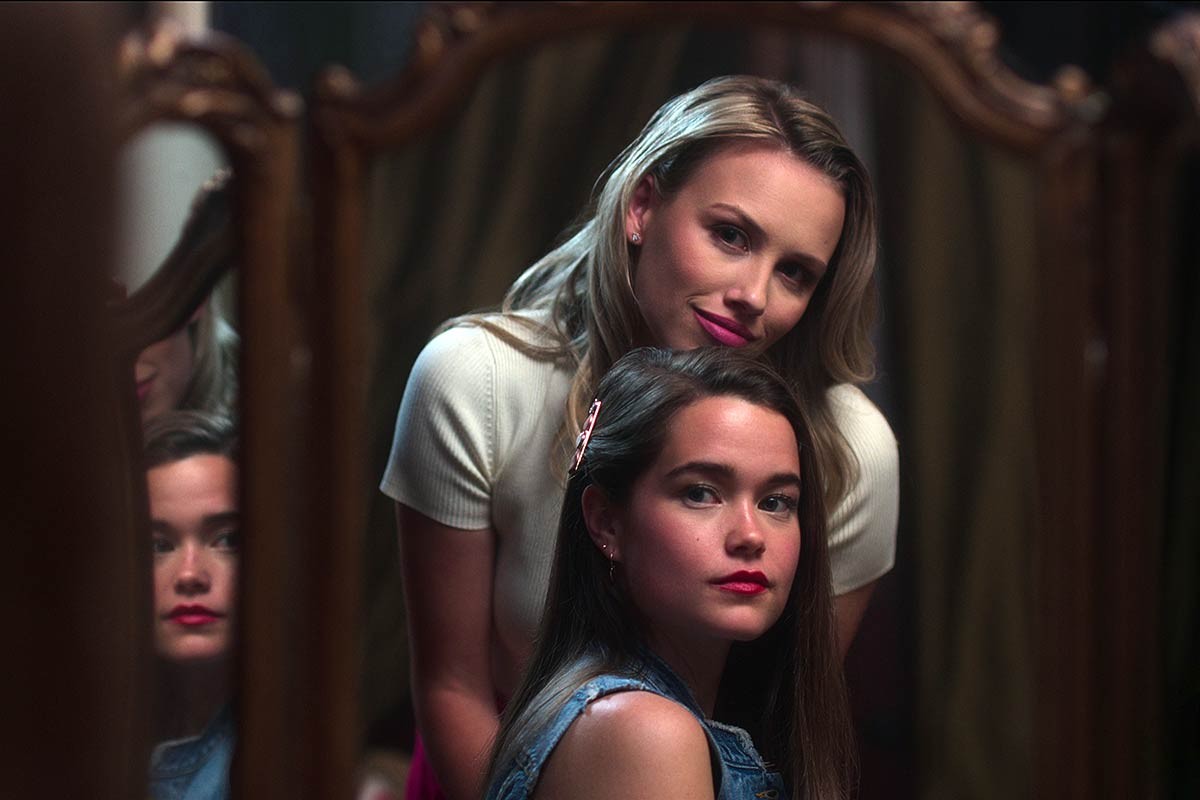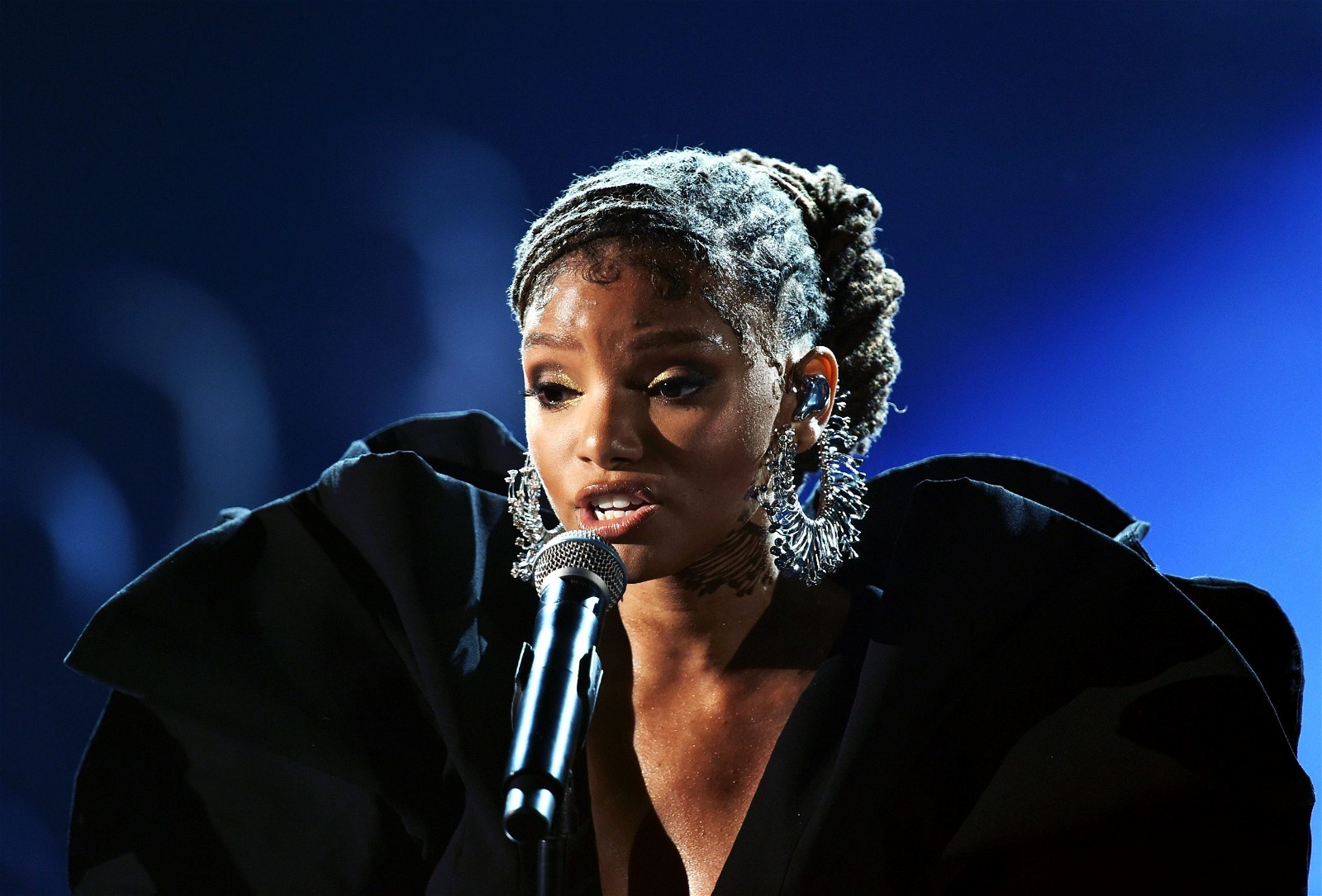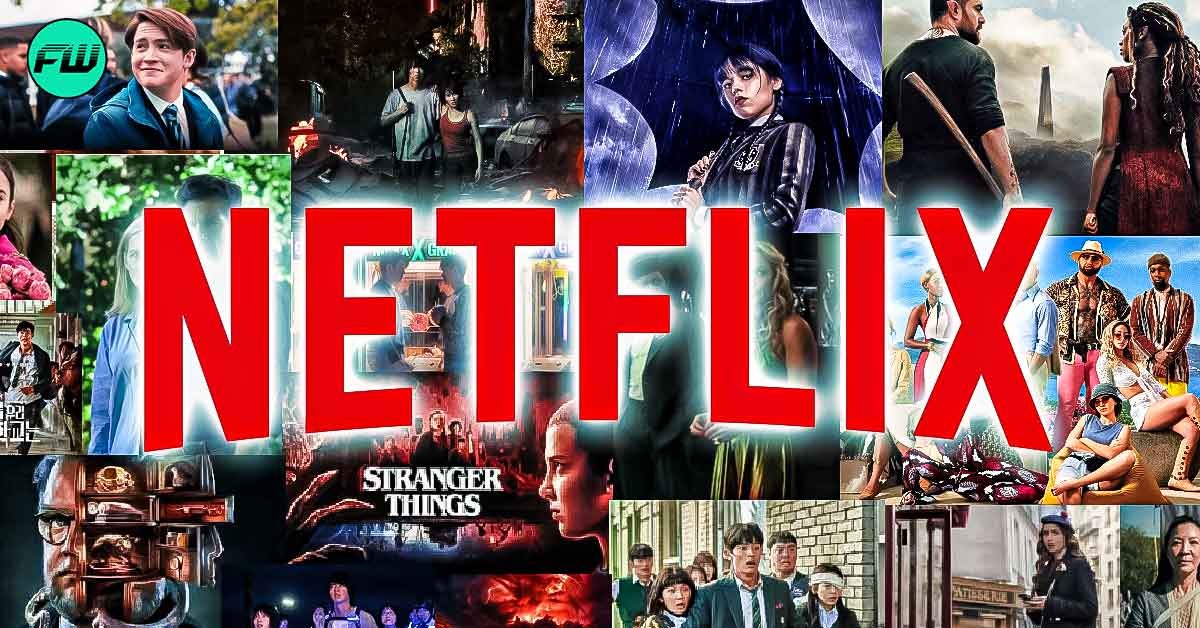Netflix has been making incredibly contentious decisions surrounding its project development in recent years. If it’s not the cancellation of their original series after one perfectly well-received season, then it is their ideological approach toward female-centric and female-driven narratives that is setting the audience off. A new study now confirms an uptake in the aforementioned at the streamer and the announcement has led to a massive surge in both acknowledgment and criticism among the industry critics.

Study Confirms Rise in Female-Driven Projects at Netflix
In a study conducted recently by Netflix with the USC Annenberg School for Communication and Journalism, a surprising increase in the percentage of projects that were directed by women and led/co-led by female actors was established. The tally stands at almost 60% across the banner of film and series at the company – with 64.6% of their films and 56.6% of their series presenting “girls/women as leads/co-leads.” Netflix head of film, Scott Stuber stated in light of these events:
“We don’t have IP, we don’t have those things. So new stories and different aspects of how to tell them is really kind of our superpower.”

Moreover, 26.9% of film directors at Netflix were women as compared to the paltry and significantly insulting 12.7% in Hollywood. The percentage of female showrunners and show creators of Netflix original series also stood at 38% in 2021. And while the study does display a strong statement attesting to the heralding of an era of change at the streaming juggernaut, not everyone views it that way, as was evident from Quentin Tarantino’s harangue in 2021 regarding “a thing that’s gone on where… ideology is more important than art.”
The Criticism Surrounding Inclusion and Progressivism
The fact that there was the need for a study to have been commissioned to quantify female empowerment since the age of #MeToo is proof enough of our society still lacking in equality across gender, race, and sexual orientation. The dreaded need to state in hard facts how Netflix has supported more inclusivity, representation, and progressivism undermines the narrative’s authenticity and this is where the critics jump in, claiming that the streamer is more focused on showing off its unique take and marketing its products based on ideology rather than placing content quality at the front and center of all things.
The dominant male hegemony that has kept a stranglehold over the industry at all fronts has never been questioned nor has it been factored into the equation of being dissected and studied until #MeToo took over. The path that seeks to bring about a change by vocally advocating for pay parity and representation for women is a long, winding, and tedious one, especially considering how it gets muddied up by the constant digression aided by critics that claim “female empowerment has destroyed the art of storytelling.”

Disney, too, has been facing a ton of criticism as of late due to the same “issues” that have been deemed detrimental to the authenticity of a story because of how the company is more inclined toward being progressive rather than accurate (re: Halle Bailey’s casting as Ariel in the upcoming remake of The Little Mermaid).
And although change has become a scary subject for the masses to encounter and anything that does not conform to the norms of the past century of filmmaking is immediately subjected to harsh trolling and vicious online abuse, change still remains the only constant factor in the path to evolution in the socio-political climate of popular culture.
Source: USC Annenberg

